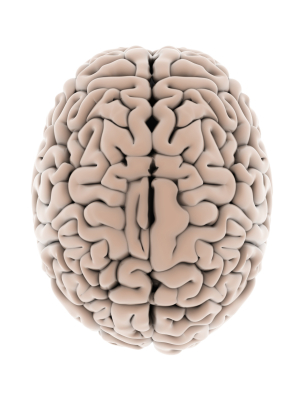This time Debora Ledergerber, Researcher at the Kavli Institute for Systems Neuroscience/Centre for Neural Computation/Egil and Pauline and Fred Kavli Centre for Cortical Microcircuits, will answer questions from one of our readers.
Q:
My husband has close to no spatial memory (hand-eye coordination is far above average and making maps is part of his job). He gets lost moving around the small town we live in and has no internal map to help him navigate. This has been a problem all his life – as a teenager his dog almost died from exhaustion after walking around with him in his home town for hours, being lost.
Could this be something like dyslexia?
A:
It could be compared to dyslexia in as much as both disorders are characterized by trouble doing something (reading or navigating) despite normal intelligence. However, most likely very different brain areas underlie those two symptoms.
Q:
Has this lack of spatial memory been observed in rats?
A:
The hippocampus is a brain area involved in memory and spatial navigation. Humans and rats with lesions in the hippocampus are impaired to build new memories and have troubles finding their ways. Rats have been extensively tested in the Morris watermaze for example. This is a waterpool where rats have to swim to find a hidden platform they can step on. Rats with lesions in the hippocampus or in the connection between the hippocampus and the entorhinal cortex have problems remembering where the platform is located.
Q:
What could be the cause of this?
A:
The brain areas underlying the formation of an internal map are certainly Hippocampus and Entorhinal Cortex, but also other brain areas like the Retrosplenial Cortex have been shown to be important for human navigation. However, it is important to remember that during a walk in the city many more brain areas are active, and if a person is strongly drawn towards other intellectual activities while walking they will not focus on building an internal memory of the path they have been taking.
